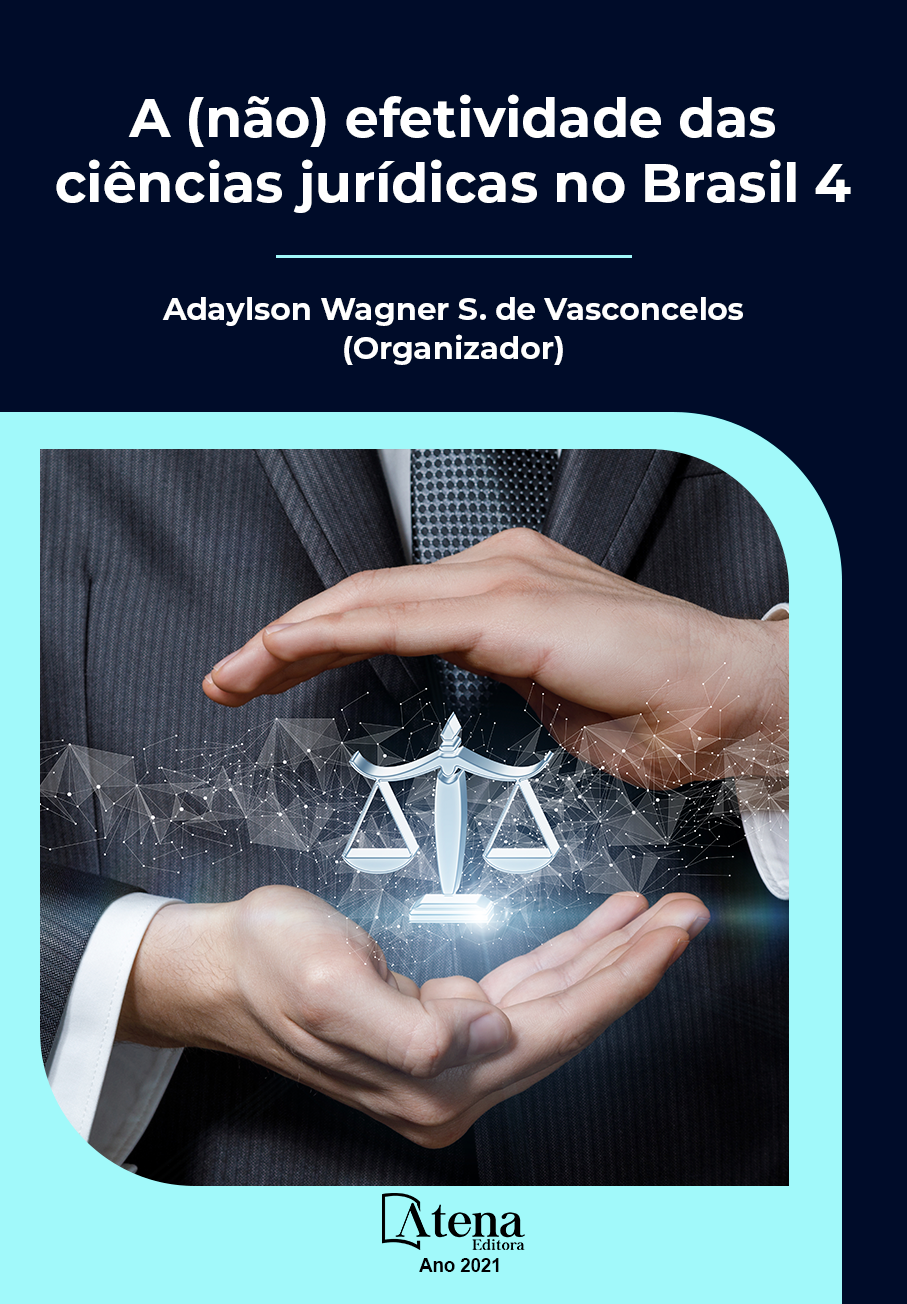
Estupro de Vulnerável: O Peso da Palavra da Vítima, Características do Crime e a Ânsia pela Criminalização e Condenação do Autor Pelo Meio Popular e Jornalístico
O presente artigo visa analisar e descrever o peso da palavra da vítima na condenação do acusado, se há imparcialidade do poder público e se a ânsia do meio popular e jornalística para a imputação e condenação do agente pode influenciar nas decisões. Ademais, se o depoimento da vítima é absoluto para condenação do agente, apontando os reflexos inimagináveis no cotidiano para quem tem seu nome divulgado na mídia de ser o suposto autor do crime de Estupro de Vulnerável, tipificado no artigo 217-A do Código Penal de 1940, bem como suas características. Para alcançar o objetivo almejado, foi realizado um estudo doutrinário, casos reais publicados nos jornais, consulta aos tribunais, almejando-se em todos os casos relacionar princípios acerca do tema. A metodologia a ser empregada possui técnicas qualitativas, com a finalidade de expor as lacunas no ordenamento jurídico e buscar soluções para o enfrentamento do problema. Assim, será apontado método hipotético- dedutivo, definindo o problema para analisar as hipóteses de cabimento. Considera-se que o peso do relato da vítima, por si só, observa-se suficiente, para levar o agente à condenação, em alguns casos o crime não deixa vestígios, dificultando o trabalho da perícia. Infere-se ainda que a pressão popular e jornalística estabelece na fase inquisitória a “condenação do autor”, como é observado nos casos apresentados. Por fim, nota-se que o rito de inquirição da vítima nem sempre é conclusivo, mas visto como a última saída, sendo sugeridas na conclusão deste trabalho, alternativas mais adequadas para solução do problema.
Estupro de Vulnerável: O Peso da Palavra da Vítima, Características do Crime e a Ânsia pela Criminalização e Condenação do Autor Pelo Meio Popular e Jornalístico
-
DOI: 10.22533/at.ed.21721050710
-
Palavras-chave: Ânsia da Condenação do Agente, Estupro, Estupro de vulnerável, Presunção de Inocência, Peso da Palavra da Vítima, Presunção Absoluta.
-
Keywords: Eager to Condemn the Agent , Rape, Rape of Vulnerable, Presumption of Innocence, Victim's Word Weight, Absolute Presumption.
-
Abstract:
This article aims to describe and construe the weight of the victim's word in the conviction of the accused, whether there is impartiality of the public power and whether the eagerness of the popular and journalistic environment for the imputation and conviction of the agent can influence decisions. Moreover, if the victim's testimony is absolute for the conviction of the agent, pointing out the unimaginable reflections in everyday life for those who have his name disclosed in the media of being the alleged perpetrator of the crime of Rape of Vulnerable, typified in article 217-A of the Penal Code of 1940, as well as its characteristics. To achieve the desired objective, a doctrinal study was carried out, and real cases published in the newspapers, consultation with the courts, aiming in all cases to relate principles on the subject. The methodology to be used has qualitative techniques, with the purpose of exposing the gaps in the legal system and seeking solutions to face the problem. Thus, a hypothetical-deductive method will be pointed out, defining the problem to analyze the hypotheses of fit. It is considered that the weight of the victim's report, by itself, is observed enough, to lead the agent to conviction, in some cases the crime leaves no traces, hindering the work of the expertise. In view of the context, it is inferable still that popular and journalistic pressure establishes in the inquisitive phase the "condemnation of the author", as observed in the cases presented. Finally, it is noted that the rite of inquiry of the victim is not always conclusive, but seen as the last way out, being suggested in the conclusion of this work, more appropriate alternatives to solve the problem.
-
Número de páginas: 16
- Igor Rodrigues Guaracy
- Wallace Bruce Pires Costa


